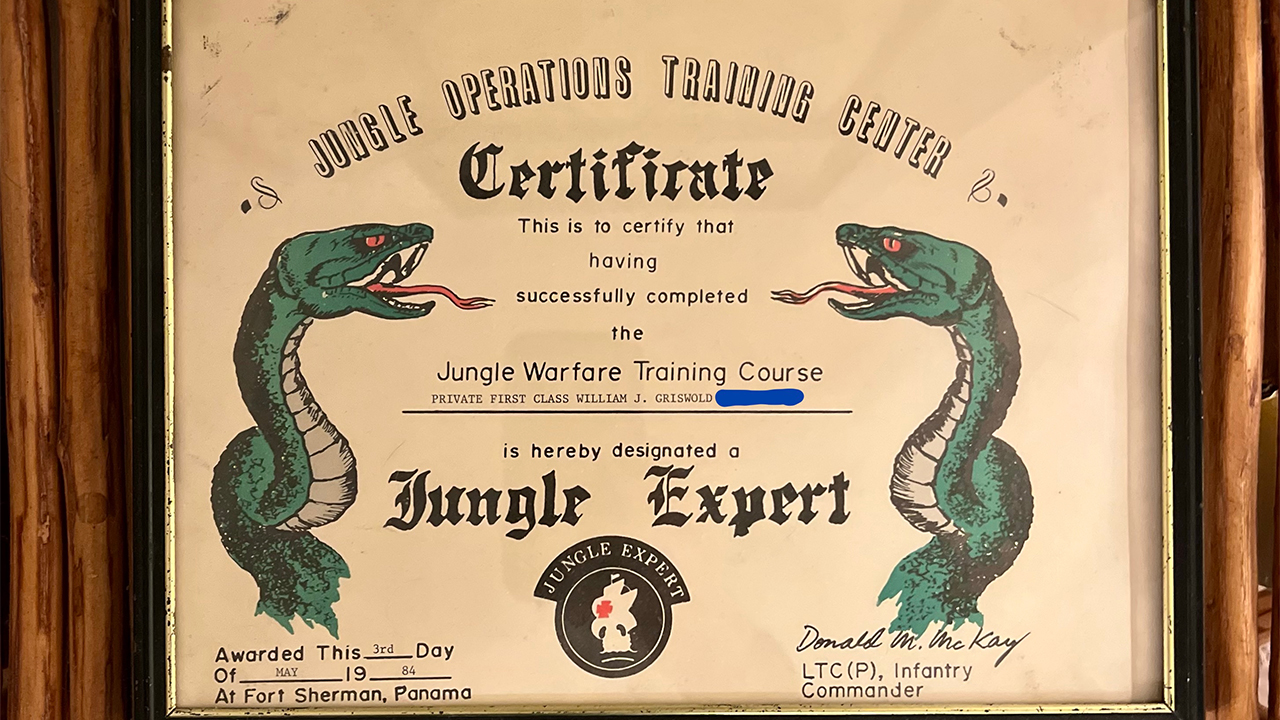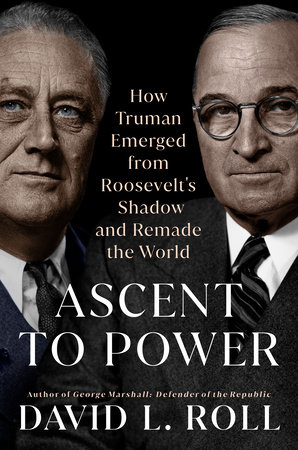Apocalypse Another Day: TCR at Sea
July 15, 2024

My friend Chris is good at fixing mechanical things, which is good because he has a tendency to poke at them to see if they will continue to work, even if they are vital. As he learns the navigation system on his new boat he likes to poke at the screens to view different tabs, often losing the real-time image of the chart we were following up the coast of Florida. Even offshore, that minute’s wait to get digital navigation back can feel pretty long as you approach a narrows at 20 knots and the paper charts are in a locker.
At one point on Saturday, a 140-mile leg from Fort Pierce to Daytona Beach, he left me on the flying bridge to watch the autopilot and gauges and keep an eye out for other boats as he went below to poke the electrical system in the saloon, then down in the 150-degree lazarette to poke the generator, which keeps quitting, and one of the two big Detroit Diesel engines, since its tachometer showed it was barely running. This turned out to be a faulty tach, not an engine problem, but Chris did not know that until he had poked, then replaced, three fuel filters in the broiling engine space while we were still running.
Shakedown cruise, he said cheerily, emerging soaked and dripping. We have run for two days in the open ocean without real incident, throwing a big rooster tail and that geometric look of water churned and swelling by powerful props.
It was an odd feeling to be alone on the bridge of a boat I have no idea about, and no shore or other boats in sight. It was not lonely or frightening. It was somewhat liberating. The sea was calm and winds light, and the big boat was up on plane and roaring along. I tried to imagine what I would do if I was suddenly alone, since I do not have the experience to dock this boat in a falling tide among 80-foot yachts tight in their slips. If it was the apocalypse I could figure the range based on fuel in the tanks and choose where to ground it, I guess. The boat did not cost me anything, and after all it would be the apocalypse.
It was fun pretending until the Coast Guard got on the radio and asked for anyone nearby to aid a man whose boat was taking on water off Vero Beach. Later Chris said the breakwaters at inlet mouths often run far out into the sea but are submerged, and when you run a fiberglass boat over them, it “kind of disintegrates and sinks real fast.” Sure enough, the Coast Guard said the boat sank, and the boater had become a free-floating gentleman, but he was picked up and ok. We passed Cape Canaveral close enough to get clear photos of the launch gantries, then swung back out to sea. At the inlet to Dayton Beach a sailboat ran aground just outside the channel, and the tow boats were arriving as we passed.
At dinner in the harbor restaurant with friends of Chris, the conversation was not the shooting of Donald Trump, but when the United States would lose financial leadership of the world, by printing too much money, having too much public debt, overspending with omnibus bills in Congress, etc. Chris’s friend, who worked for a multinational bank, said a global financial apocalypse now would make the Thirties look benign by an order of magnitude. He gave it 20 years. The man at the next table, who looked exactly like Philip Roth and was with a very young woman, looked very unhappy at what he was eavesdropping on. But then he was very unhappy with the salads too and called the manager over to bully her and threatened to call someone important right now to tell them about the salads.
Sunday was an uneventful run of 169 miles to Jekyll Island, Georgia, most of it far offshore and in turns relaxing, soporific, and boring. Chris expertly maneuvered the boat to the dock in late afternoon, against a tidal river flow, and with little more space than the length of his boat. Jekyll Island is where America’s rich started the Federal Reserve, meant to prevent nationwide financial panics.
Boats typically get shore power and shore water through cables and hoses when they tie up in a marina at night, but when we got there, their electric did not have the juice to run anything on the boat. The boat’s generator would not stay running either, so there is no air conditioning, lights, or water heater. The cabin is probably 90 degrees at seven pm. Chris went down to poke the water pump that circulates cool river water through the heat exchanger. Then he tore down a water line, looking to see if something was blocking the intake strainer. He made a run to the marine supply place and came back with a ball valve that needed replacing in the line, which he thought might be the reason the generator kept overheating.
“Most people would think it’s nuts to pull a through-line fitting,” he said, meaning a hole in the hull that under normal conditions lets water into the water line. If you pull the fitting off, water geysers into your boat. He replaced the valve and managed to let only a quart of water into the bilge, a triumph. Then he tore down the coolant system on the generator. (“A pile of rust,” he said, with no coolant in it at all.) By then we were both slimy messes from sunscreen and sweat—mine from sitting on the bridge all day and blogging this evening under partial cloud cover—and I could not read his tone when he asked me to go “charm” any other boat owner in the marina for a gallon of coolant.
“Tell them you write for The Common Reader,” he said.
I got a gallon alright, but there still is no source of power and likely a hot Georgia night to come. It is no apocalypse, but a writer might wish it was instead.







